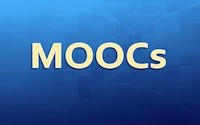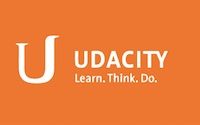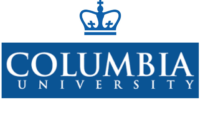
A double-loop evaluation process for MOOC design and its pilot application in the university domain
The diffusion of Massive Open Online Courses (MOOCs) is significantly changing the way people learn and update their knowledge and competencies. Although the benefits characterizing MOOCs, which leverage on free and open access to know-how and digitized materials, there are some challenges which call for improving and enhancing the existing methods and approaches for MOOCs […]












